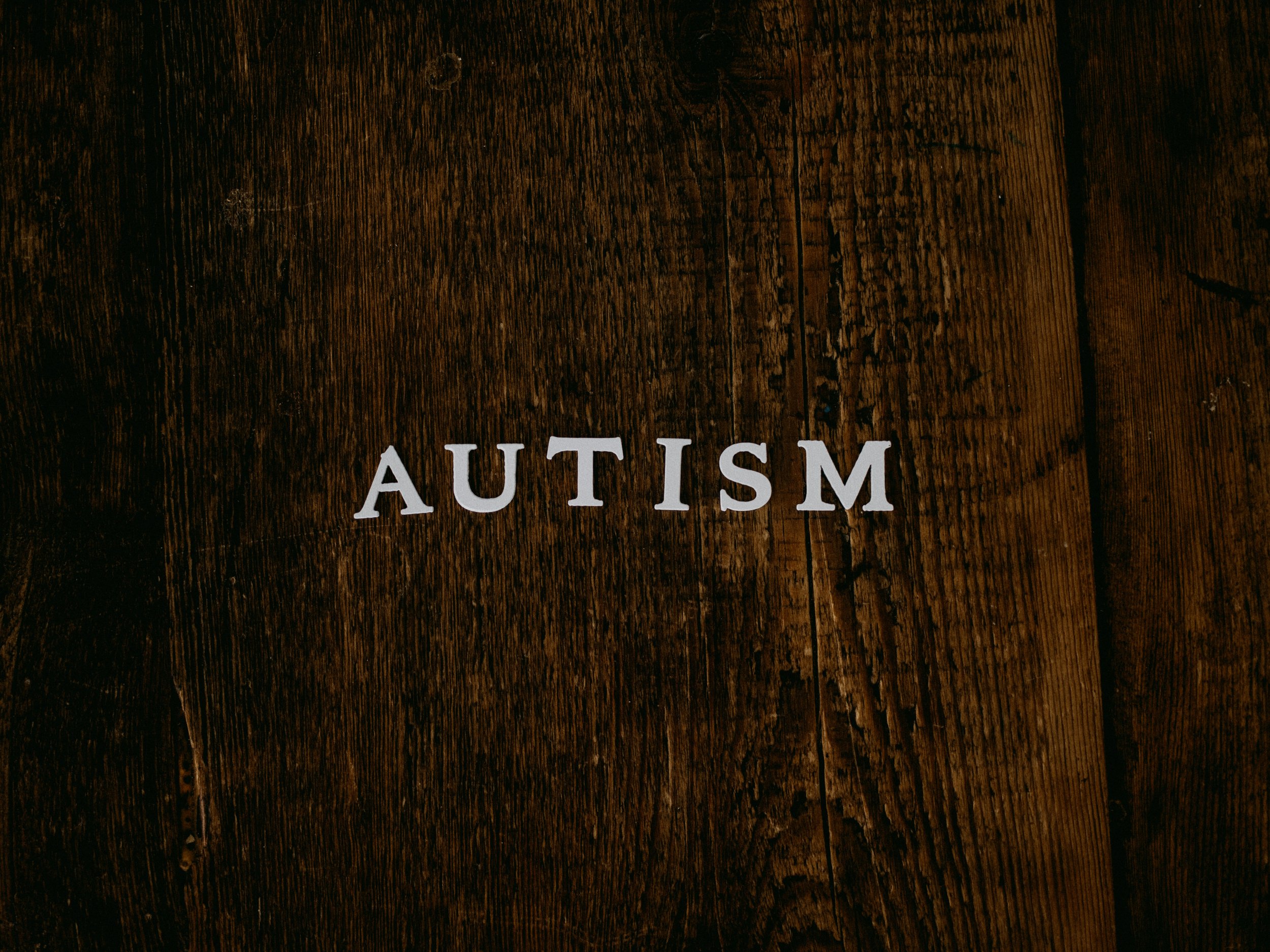Autism Assessment
Dr Cedric Leclercq and Dr Aurore Boulard bring extensive expertise in assessing and supporting children, adolescents and adults with autism, offering a comprehensive, family-centred approach. Their care extends beyond diagnosis, providing tailored guidance, therapeutic support, and ongoing follow-up to meet the evolving needs of both the child and their family. Their collaborative work ensures that families feel supported, informed, and empowered throughout their journey.
Adi-R
(Autism Diagnostic Interview, Revised) is used to diagnose Autism, plan treatment and distinguish Autism from other developmental disorders.
It is a comprehensive semi-structured interview conducted with parents or caretakers who have knowledge about the individual’s current behaviour and developmental history.
During this 3-hour interview (usually on Zoom), Dr Boulard will ask you questions about your child’s developmental history.
Interview questions cover eight content areas:
- The child's background, including family, education, previous diagnoses and medications
- Overview of the child's behaviour
- Early development and developmental milestones
- Language acquisition and loss of language or other skills
- Current functioning in regard to language and communication
- Social development and play
- Interests and behaviours
- Clinically relevant behaviours, such as aggression, self-injury and possible epileptic features,…
ADOS
The ADOS is viewed as "the gold standard" for observational assessment of autism spectrum disorder (ASD). It can be used to evaluate almost anyone suspected of having ASD, from one-year-olds with no speech, to adults who are verbally fluent.
During the assessment, Dr Boulard will play some games with younger children or carry out activities including questions about school, friendships and feelings with older children or young people. Watching the way your child communicates, interacts, plays and behaves during the games and activities helps us to understand if there are signs of autism. During an assessment with an adult, Dr Boulard guides the individual through a series of structured activities and conversational tasks designed to evaluate communication and social interaction.
Sensory Profile
Processing everyday sensory information can be difficult for autistic people. Any of their sense may be over- or under-sensitive, or both, at different times.
These sensory differences can affect how they feel and act, and can have a profound effect on a person's life (National Autistic Society)
The reason why we have chosen to include the Sensory Profile Test in our assessment is to be able to provide help/tools for the child and their family in different contexts (home, school and activities).
The Sensory Profile™ 2 family of assessments provides standardised tools to help evaluate a child's sensory processing patterns in the context of home, school, and community-based activities.

